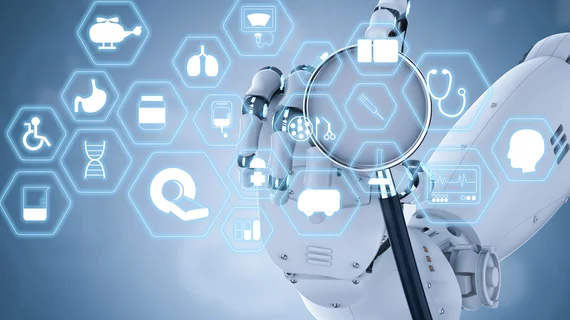Healthcare consumers are open to interacting with AI chatbots as long as the interaction involves general health information, not patient-specific advice or results from exams.
And the consumers who are most receptive to these tools are individuals who are either already inclined to embrace AI technology or curious about its potential for improving healthcare.
So found researchers in the U.K. when they conducted face-to-face structured interviews of 29 volunteers and surveyed another 216 people online.
Tom Nadarzynski of the University of Westminster and colleagues had their study published online in Digital Health.
The team found moderate acceptance of AI chatbots correlated negatively with perceived poorer IT skills and dislike for talking to computers.
Similar levels of acceptance correlated positively with perceived utility, positive attitude and perceived trustworthiness.
The authors concluded that healthcare consumers’ confidence in AI chatbots could be improved by greater incorporation of patient input during the development phase of the tools.
“Intervention designers focusing on AI-led health chatbots need to employ user-centered and theory-based approaches addressing patients’ concerns and optimizing user experience in order to achieve the best uptake and utilization,” Nadarzynski et al. write. “Patients’ perspectives, motivation and capabilities need to be taken into account when developing and assessing the effectiveness of health chatbots.”
The study is available in full for free.

